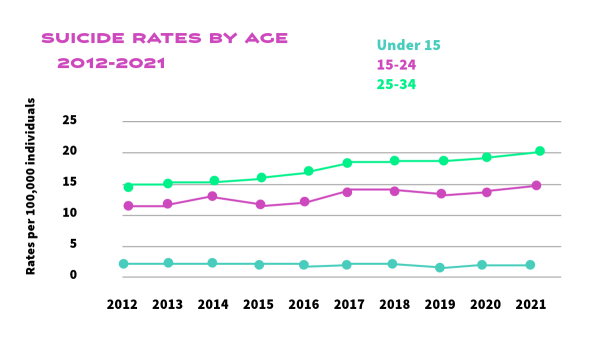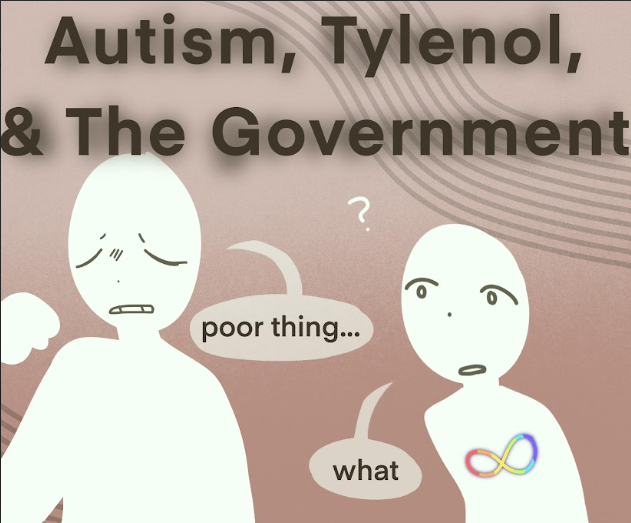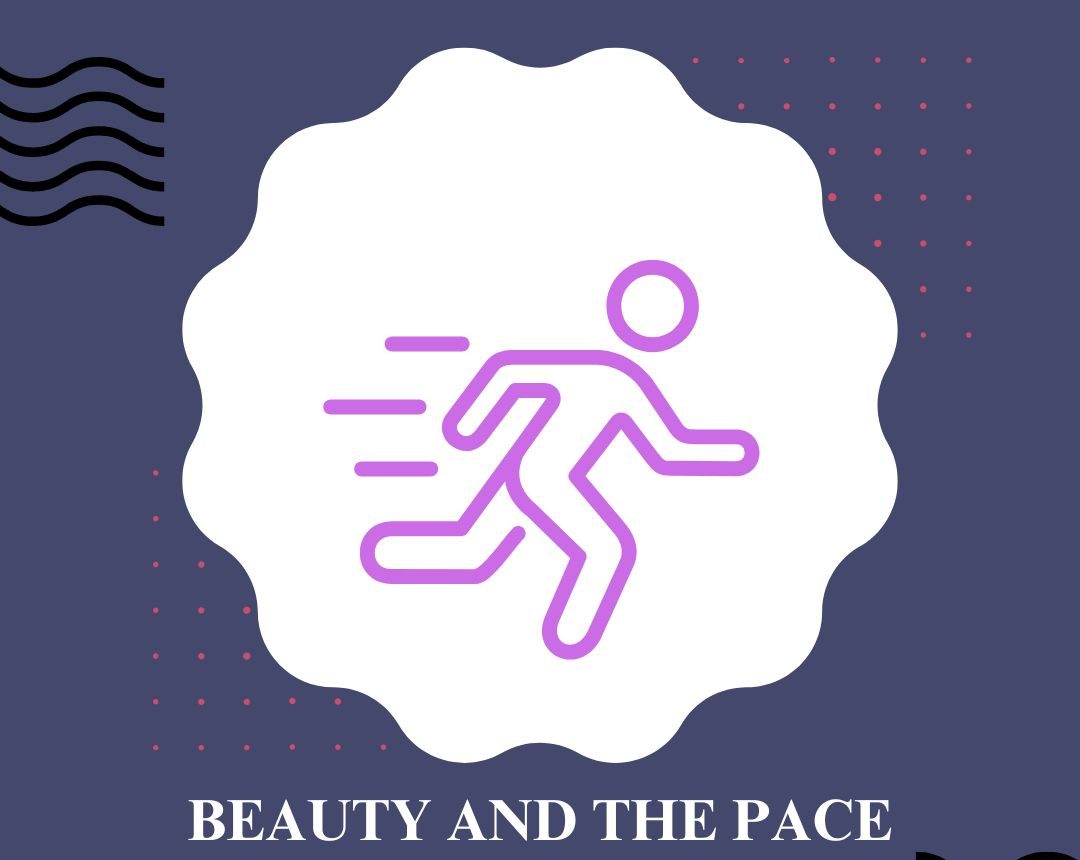Mental health is an important subject, especially as a teen because they’re still growing and understanding who they are. On top of school work and extracurriculars, making time for themselves is kind of difficult and it could cause mental health issues such as depression or anxiety. Others can even ignore it themselves, but mental health is very important no matter who you are.
Female Mental Illness
Both genders’ mental health is important. Research indicates that females are more prone to depression than males, in a research study by Karl Peltzer it states, “A study in Nigeria found that women were diagnosed with depression more often than men (women 24.5%, men 14.0%).” The difference in mental illness development could be in the fact that male and female brains are different. There is also a greater amount of women who seek help than men, and larger percentages of women in certain mental illnesses and disorders. There is a much bigger percentage of females with eating disorders than men. In the article ‘We Need to Pay Attention to Women’s Mental Health’ the author states, “The majority of individuals who struggle with anorexia and bulimia are women. More than half of individuals who develop binge eating disorders are women as well. Eating disorders impact both women and girls.” Other factors like trauma and assault can contribute to mental illnesses and both of these factors are more common amongst females.
Male Mental Illness
Both genders have their fair share of mental health and illnesses across the world, but mental health in men is severely overlooked. Karl Peltzer states, “Previous studies have shown that gender differences play a substantial role in the influence of mental disorders.” Most mental illnesses in men get ignored or they don’t talk about it because they are too afraid of being judged. In the article ‘Why is Men’s Mental Health Not Taken Seriously?’ Christopher Burn said, “Although mental health issues affect people of both genders, men’s mental health has generally been receiving less attention and support. Despite efforts to raise awareness about mental health issues in general, there remains a pervasive stigma surrounding mental illness in men.” Historically, they were taught to bottle everything up because some view feelings and emotions to be a more feminine trait and has been an expected stereotype of them for years to just be an iron wall, so many are not open to sharing their feelings. But even if they do, their problems are often shrugged off. One of the key findings in Burn’s article is, “74% of all UK and US suicides are male.” Men are more likely to choose a violent method and are more successful. While women lean more towards overdosing and many are found in time and saved.

How can you help?
It is extremely important to take all mental health seriously and be aware of how someone is acting since that could show how they are really feeling. Some common signs of mental illness or depression can include mood changes, feeling hopeless, difficulty focusing, and more. Depression symptoms vary based on the person but generally fall under the symptoms listed. It’s important that you aren’t making rude comments or jokes to someone that could be hurtful. If someone that is struggling with mental illness opens up to you, it’s important that you accept and help them in any way you can, while being understanding, and offering advice and help.






















